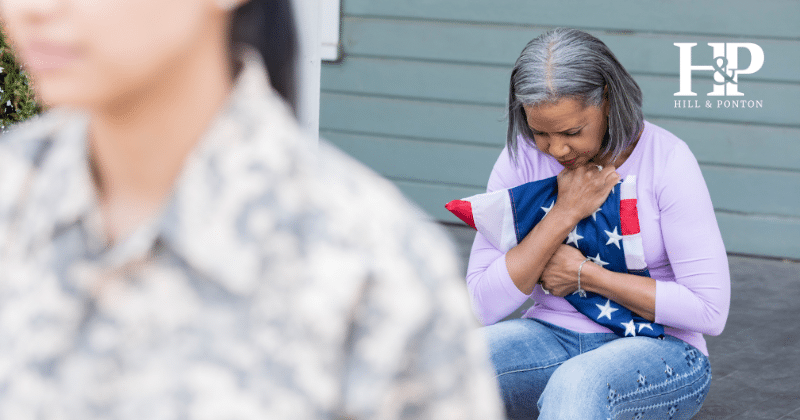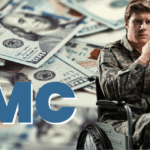A benefit that is often not widely discussed or known as traditional Department of Veteran Affairs (VA) disability benefits for veterans and you, the dependents, is Dependency and Indemnity Compensation, otherwise known as DIC benefits.
These benefits are different because unlike other VA benefits that are focused on the service member, DIC is designed specifically for survivors, in an attempt to help with the loss.
But who exactly qualifies for this benefit?
Survivors eligible for DIC benefits include spouses, an eligible child and parents who were financially dependent on the veteran.
Each of you face unique challenges in the wake of your loved one’s passing, and the VA created DIC benefits to help mitigate some of these and ensure the sacrifice of your veteran is never forgotten and you receive the support you deserve.
Eligibility Criteria: Is Your Veteran Qualified?
Trying to navigate criteria for eligible survivors for DIC benefits can seem a little daunting, but having a grasp of the basics is the first step!
Here’s a brief breakdown of your VETERANS qualifications:
- Service Connection: Your deceased veteran must be directly linked to or complicated by a service-connected disability or disease.
- Active Duty: If your veteran died while on active duty military service, active duty for training, or inactive duty training, the surviving dependent is usually granted DIC. They were not discharged for willful misconduct.
- Disability Rating: Veterans who passed away from non-service-related injury must have had a VA disability rating of 100% (totally disabled) for any of the following:
- At least 10 years immediately preceding death.
- Since the Veteran’s release from active duty and for at least 5 years immediately preceding death.
- At least one year immediately preceding death if the veteran was a former prisoner of war (POW).
Am I Eligible for DIC Benefits?
Eligibility for DIC benefits also varies depending upon your relationship with your veteran and if they had a service-connected disability.
Below, we’ve highlighted the basics.
For more information, check out our dependent-specific guides.
Spouses of Veterans
- You must have been married to the veteran before their discharge
- Or, at least one year prior to their time of death
- Remarriage can affect eligibility, depending on your age and the date
For more information, click below to visit our Widows DIC Guide
Dependent Children of Veterans
- Must be under 18, or under 23 if attending a VA-approved school, and unmarried
- Certain conditions also apply to those permanently incapable of self-support due to a disability before the age of 18
For more information, click below to visit our Children DIC Guide
Parents of Veterans
- Must be financially dependent on the veteran
- Income limits apply and benefits are adjusted based on financial situation
For more information, click below to visit our Parents DIC Guide
What is the 8 Year Rule for DIC Benefits?
If the veteran was rated as “totally disabled” for 8 continuous years immediately before their death, and the spouse was married to the veteran for those same 8 years, the spouse may be eligible for additional DIC benefits.
How are DIC rates determined and how often do they change?
DIC rates are set by Congress and usually change yearly, based on cost-of-living (COLA) adjustments. For current DIC rates, visit the VA’s official DIC rates page.
Content Review
Cassandra Crosby, an Accredited Agent and claims advocate for Matthew Hill & Shelly Mark’s teams, reviewed the information provided in this post.








